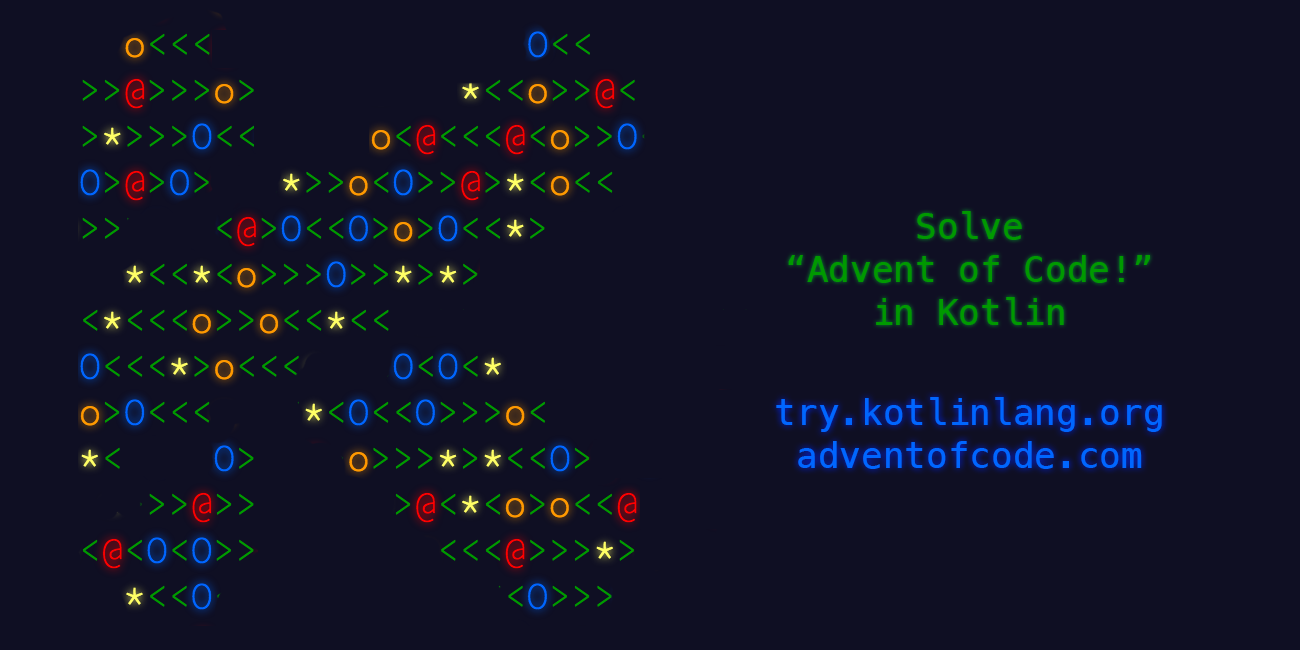


In summary, native applications are an essential factor in containerization, providing better performance, scalability, resource efficiency, and security, and are crucial for the success of modern cloud environments. Additionally, running applications natively reduces the attack surface area, making the application more secure. They can be easily scaled horizontally, increasing resource utilization efficiency. Native applications are built specifically for the target platform, resulting in better performance, faster startup times, lower memory consumption, and better runtime performance. However, when it comes to running applications in containers, there are two main options: running as a traditional virtual machine (VM) or running as a native application. With containers, applications are packaged into a single container image, which can then be deployed across different environments consistently. About “Native”Ĭontainerization has become a popular approach to deploying applications in modern cloud environments. Finally, we will examine how native and reactive architectures can bring significant benefits to each of these categories. We will also take a closer look at where these two concepts will fit in the three main categories of prevalent software solutions in the IT industry today: Request-Response (Synchronous), queue-based (Asynchronous), and event-based (Streams/Event Sourcing). This blog aims to explore the significance of these two concepts and why they have become so essential. Regardless of whether you’re building front-end applications or back-end systems, the native and reactive approach has become a crucial component of modern software development’s non-functional requirements. In today’s world of software development, the terms “ native” and “ reactive” have gained significant popularity, becoming crucial considerations for developers, architects, and businesses alike.


 0 kommentar(er)
0 kommentar(er)
